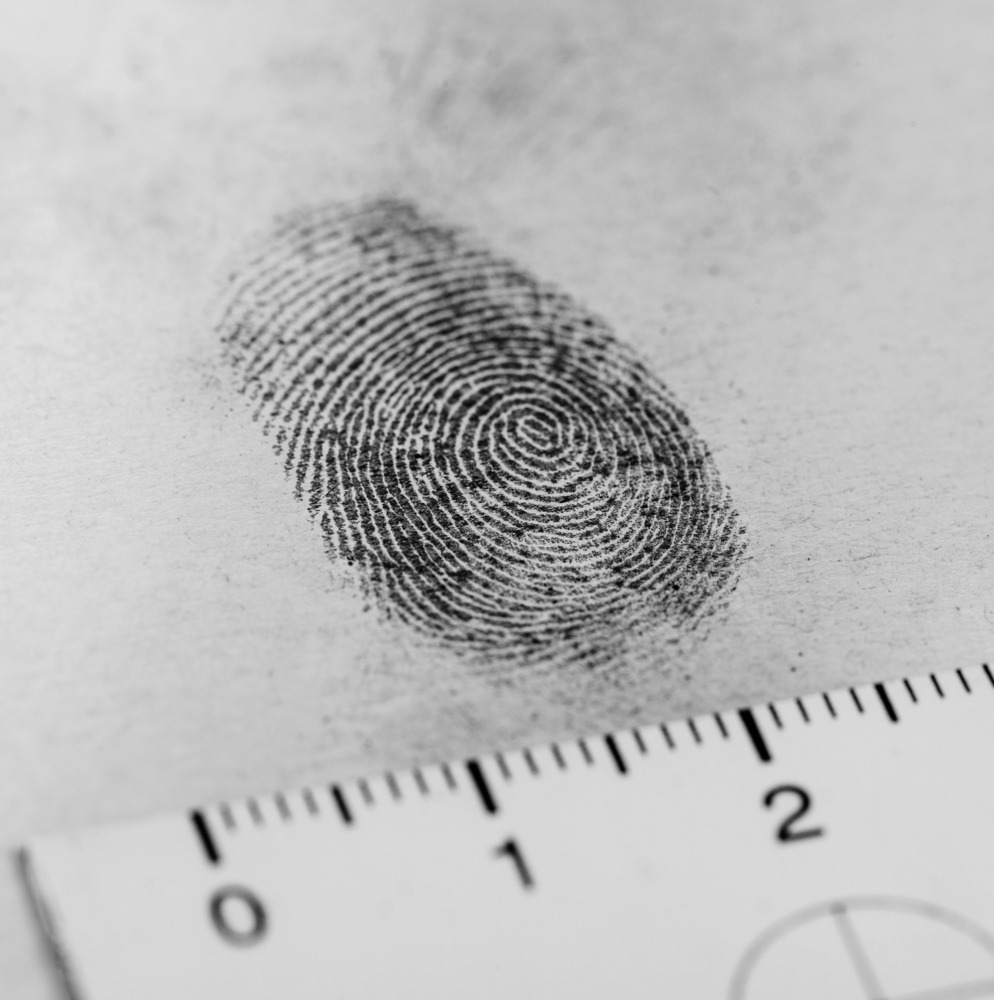Difference Between a Felony and a Misdemeanor
November 21, 2022

The consequences of committing a felony vs. a misdemeanor on one’s future are dramatically different. In light of the possible repercussions, it is helpful to be aware of the distinction. We’ll look at some potential consequences and explain how an experienced legal team may help you avoid the worst of them.
If you’ve been charged with a felony or a misdemeanor, you’ll learn about the possible penalties and how they can affect your life.
What’s the Difference Between a Misdemeanor and a Felony?
The gravity of the offense gives it either the misdemeanor or felony label. There are fewer repercussions for committing a misdemeanor than a felony. Common punishments include house arrest, community work, fines, drug or alcohol treatment, and probation for some time shorter than one year.
However, for a felony, the penalties might range from a year to decades or even a lifetime behind bars. Felonies and misdemeanors have different legal processes. In a misdemeanor case, you will go before the judge but not a jury.
Anyone charged with a crime must appear in court for an indictment or preliminary hearing and may later be tried by a jury.
For a free legal consultation, call (866) 499-8989
What Are Some Common Misdemeanors?
Some frequent Arizona misdemeanors include:
- Using drugs or alcohol and getting behind the wheel (DUI)
- Shoplifting
- Mistreatment inside the home
- Infraction: Marijuana possession under 20 grams
- Vandalism
What Are Some Common Felonies?
A few common felonies in Arizona include:
- Murder or homicide
- Sexual battery
- Kidnapping
- Carjacking
- Robbery
- Embezzlement
Click to contact our personal injury lawyers today
How Is Criminal Conduct in Arizona Treated?
More than merely the nature of the alleged offense is at play when deciding whether or not to press charges. Also, knowing the crime’s label would help you better anticipate the short-term and long-term repercussions.
In most cases, a fine will be required for a conviction of the least serious criminal conduct, known as an infraction. You probably won’t have to show up in court, and the infraction won’t even appear on your record.
Crimes classified as misdemeanors or felonies may result in a permanent criminal record and carry harsher penalties. Your best bet is to consult with a criminal defense attorney in Arizona to go over the details of your case and figure out the best way to defend yourself.
Some key distinctions between a misdemeanor and felony charges are outlined below.
Jail Time
You’ll likely spend some time behind bars if you’re found guilty of a misdemeanor or crime. However, in cases of lesser crimes, you have a fair possibility of having any potential prison term dismissed. The specifics of your case, including whether you were charged with a misdemeanor or felony, and the severity of your offense, will determine your sentence.
Here are some possible misdemeanors and charges:
Misdemeanors:
- Class A misdemeanors can result in a sentence of 6-12 months in prison.
- Class B misdemeanors typically serve 30-60 days in jail.
- Class C misdemeanors have the minimum possible prison sentence of 30 days and are the least serious in the criminal justice system.
Crimes
- Class E crimes are the least severe and entail a potential jail term of between one and five years.
- Sentences for Class D crimes range from five to ten years in jail
- Class C felonies range from ten to twenty-five years in prison
- Class B felonies range from twenty-five years in prison or more.
- If found guilty of a Class A felony, you face the possibility of life in prison or the death sentence.
Fines
If convicted of a crime, you face a greater possibility of a lengthy prison sentence and a heftier financial penalty. But regardless of the severity of the crime, you will likely be required to pay a fine.
The greater the degree of the misdemeanor or felony charge, the greater the corresponding fine. Even if you get off with a fine instead of prison time, you’ll still have to pay the government. You should also budget for the expenditures associated with going to court.
Other Penalties
Depending on the nature of the crime you’re guilty of, you might face various additional consequences. The repercussions of a misdemeanor conviction are less severe than those of a felony, yet they exist. A felony or misdemeanor conviction might make it difficult to be hired, authorized as a volunteer, or even rented housing.
You may not get a scholarship, a professional license, or other recognition or reward. To add insult to injury, a felony conviction will also result in losing your ability to vote and own a firearm. A person’s life may be altered for the rest of their life because of a criminal conviction.
Complete a Free Case Evaluation form now
Contact an Attorney for Help
If you are facing criminal accusations in Arizona, you should consult a defense attorney as soon as possible to learn about your legal options. Consequences may be avoided most effectively by not being convicted.
However, even if you are found guilty, or it seems that you will be found guilty, your defense attorney may still be able to lessen your charges or sentence. If you can avoid conviction or have your charges dropped, you can get your life back on track more quickly.
Call or text (866) 499-8989 or complete a
Free Case Evaluation form






